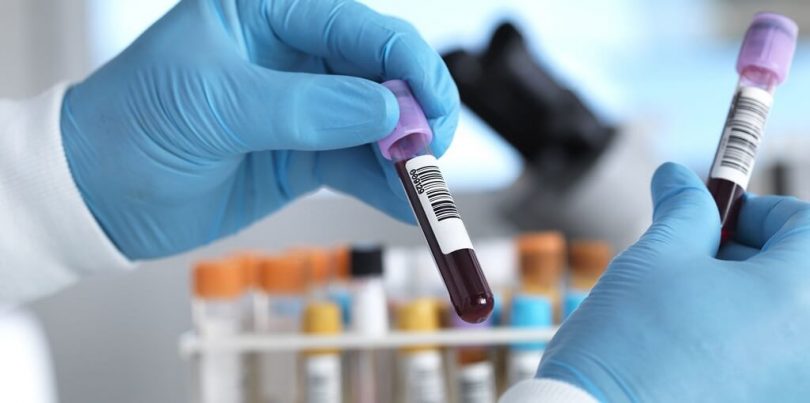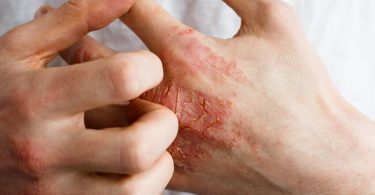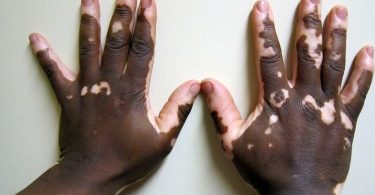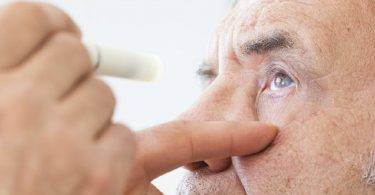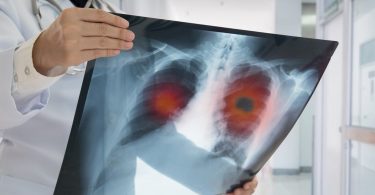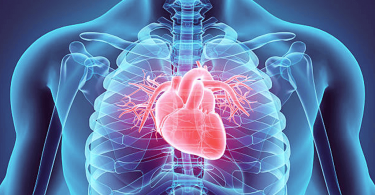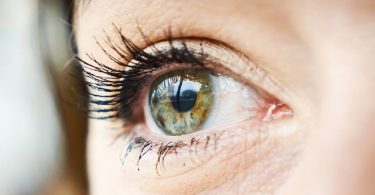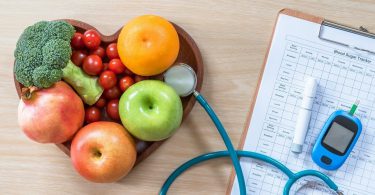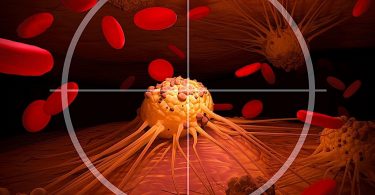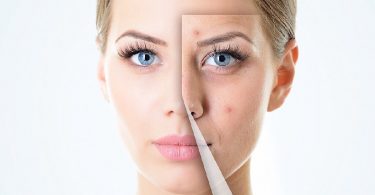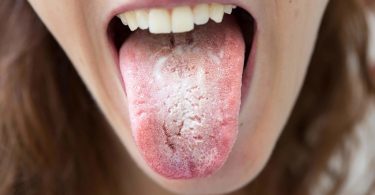Anemia refers to a deficiency in red blood cells (red blood cells) and / or hemoglobin (protein used by red blood cells to transport oxygen from the lungs to cells). In this article we will talk about : anemia causes, symptoms and treatment.
Contents
Anemia definition
The anemia refers to a red cell deficiency (red blood cells) and / or hemoglobin (protein used by red blood cells to carry oxygen from the lungs to the cells).
In this case, this disorder is distinguished by a reduction in the hemoglobin level in the blood to less than 12 grams (g) per deciliter (dl) (or 120 g / liter (g / l) of blood in women), 13 g / dl (or 130 g / l) in humans).
Anemia causes
The anemia is due to the lack of iron on the blood (essential component of hemoglobin): knowen as the iron deficiency this disease.
It affects also pregnant women because pregnancy increases the need for iron.
But anemia can also be caused by:
- an abnormal production of red blood cells (deficiency of vitamins B12, B9, etc.);
- an increase in their rate of destruction (congenital anemia, etc.);
- acute or chronic blood loss (digestive bleeding, heavy periods, etc.);
- certain drug treatments or ingestion or inhalation of toxic substances (lead, etc.).
It can reveal certain pathologies (Crohn’s disease, kidney damage, cancer, etc.) or be the consequence of a genetic disease (sickle cell anemia, thalassemia, etc.).
Anemia symptoms
Overall, the manifestations of this disease result from the depletion of tissues in oxygen. They can be:
- shortness of breath on exertion;
- abnormal fatigue;
- palpitations;
- pallor;
- dizziness.
There may be other signs such as:
- the presence of blood in the stool (when the anemia is of hemorrhagic origin);
- headaches;
- local or widespread pains…
It can be asymptomatic (without symptoms) when it is mild.
And can also worsen an already known disease: heart failure, angina pectoris…
Anemia prevention councils
The people at risk of this disease in this case, should be monitored closely :
- pregnant or have heavy periods;
- vegans (consumers of plant products and often deficient in vitamin B12 and iron);
- alcoholic subjects;
- people with a chronic disease already known…
To avoid the appearance of anemia, it is important to have a diet rich in iron (red meat, fish, lentils, etc.), vitamin B12 (beef, tuna, etc.) and folic acid (vitamin B9) (organ meats). …).
Avoid excessive physical exercise because they are sources of fatigue but also of heart failure (the heart works more if it lacks red blood cells and therefore oxygen).
We should use the toxic products with all the necessary precautions and in good conditions.
Some anemias require special attention. You must hydrate yourself properly to avoid pain and complications from the disease, especially sickle cell anemia (sickle-shaped red blood cells).
It is necessary to be vigilant against infections because white blood cells can be affected ( so-called aplastic anemias ).
Anemia exams
In order to confirm the diagnosis of this disease, a blood test is essential.
When this disease is identified, the doctor must determine its origin and prescribe an appropriate treatment.
Additional examinations can be performed, including an osteomedullary biopsy (bone sample taken to analyze the marrow where red blood cells are made)…
Anemia treatment
Depending on the cause of anemia, treatment may include:
- correcting iron, folic acid (vitamin B9) or vitamin B12 deficiencies;
- stopping certain drugs causing anemia;
- taking contraceptive pills, fitting a hormone-infused IUD, etc. to reduce the abundance of periods;
- taking certain drugs such as immunosuppressants, synthetic erythropoietin (hormone that promotes the production of red blood cells), corticosteroids, etc.
- analgesics (painkillers) to soothe painful symptoms such as in sickle cell anemia;
- in the most severe cases, bone marrow transplants, blood transfusions, removal of the spleen (splenectomy) (the spleen promoting the destruction of blood cells in some cases).
Homeopathy, herbal medicine and aromatherapy can be helpful in relieving some symptoms of this disease.
Homeopathy
Pending a medical consultation, it is possible to take one of these remedies:
- if the person is losing weight, Natrum muriaticum 9 CH, 3 granules 3 times a day;
- if anemia is associated with fatigue, China 9 CH, 3 granules 3 times a day;
- in case of pallor or pale complexion, Aceticum acidum 9 CH, 3 granules 3 times a day;
- during hot flushes, Ferrum metallicum 9 CH, 3 granules 3 times a day.
Phytotherapy
Certain herbal preparations can usefully complement (and do not interfere with) the background treatments put in place to treat chronic anemia.
In maceration: menyanthe (water clover) leaves. Put 100 g in 1 liter of sweet wine (Banyuls type), bring to the boil for only 1 minute, then leave to macerate for 2 or 3 days, filter. 1 tablespoon at the meal.
Aromatherapy
Aromatherapy can be effective on the symptoms of this disease.
Mix in a teaspoon of honey a drop of thujanol thyme essential oil and a drop of rosemary, twice a day, for three days.
Please note, restrictions exist for children under 6 and pregnant women. Imperatively to see the precautions for use of any essential oil before use.
Read also:
Panic attack: causes, symptoms and treatment
Autism: causes, symptoms and treatment
Asthma: causes, symptoms and treatment
Ascites: causes, symptoms and treatment
Asbestosis: causes, symptoms and treatment
Osteoarthritis: causes, symptoms and treatment

